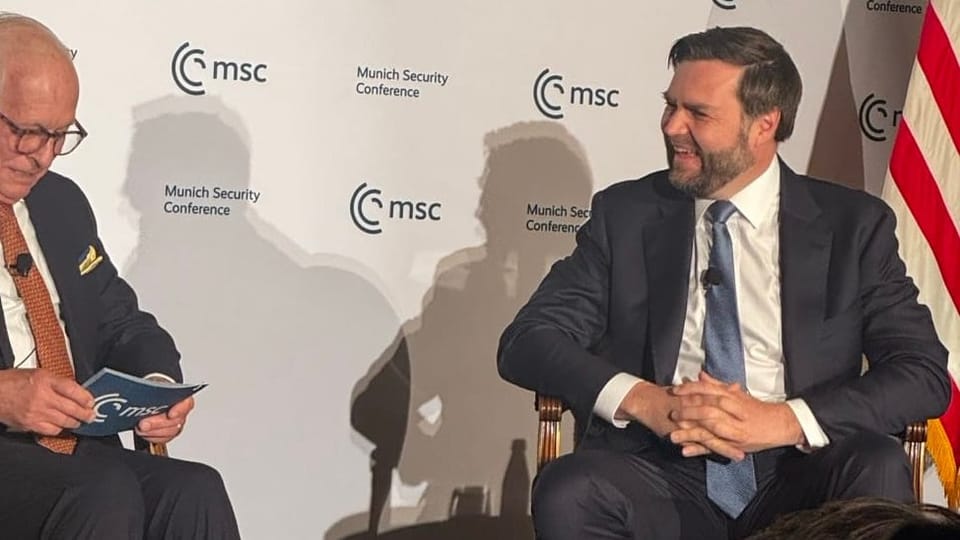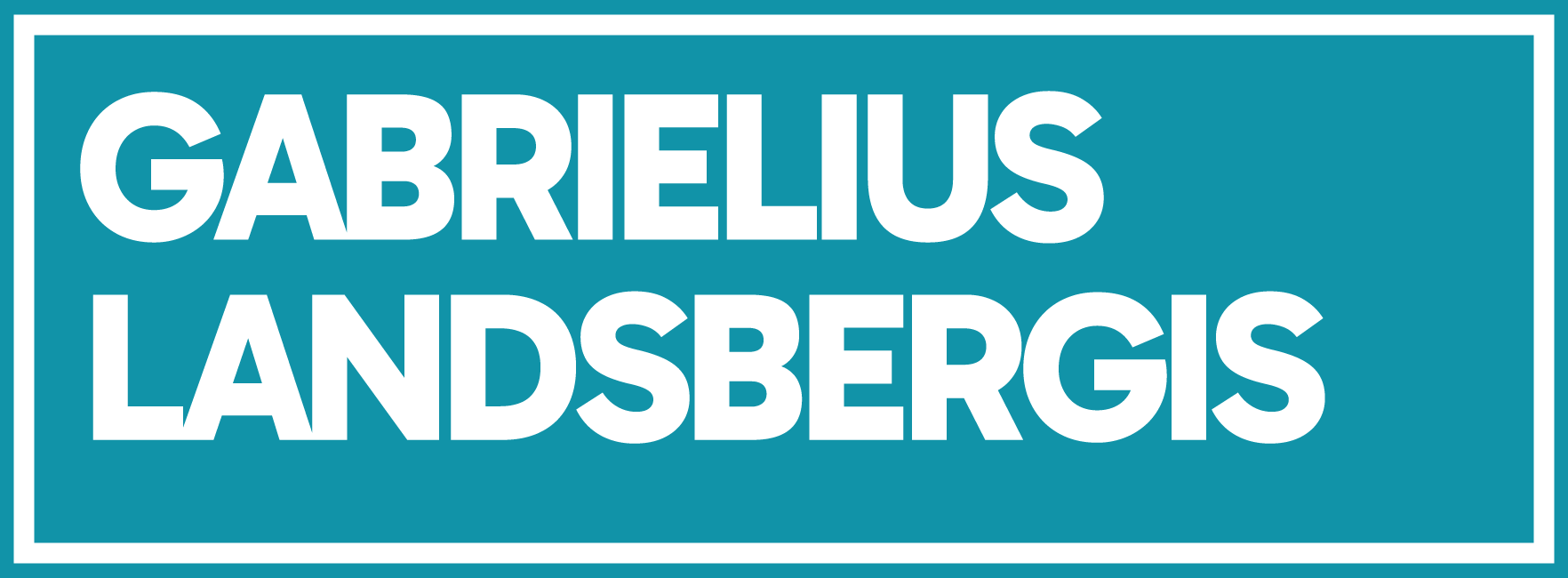JD Vance's rethink reveals two US vulnerabilities in Europe

I had ringside seats for US Vice President JD Vance’s speech this morning in Washington. Like most people in the room I was prepared to be hit with another lecture, to see the fractures in the transatlantic relationship deepen before my eyes. But we were surprised, positively.
The tone has altered. JD Vance now considers Europe and the US to be important partners. So what exactly changed, and why?
My best bet is that what has happened during recent months could be described as US foreign policy disruption overreach. Fundamentally, the notion that America, in the spirit of Silicon valley disruptors, can offer a new and universally accepted worldview is based on the indispensability of the United States to other nations.
And what just happened was a reckoning that the US is still a tremendously important western ally, but… the worldview that it wants its allies to accept is simply not acceptable to most of them.
JD Vance offered a couple of points that to my mind show the main vulnerabilities of the US.
1—EU procurement of US weapons.
The US wants a piece of the trillions of euros that will be spent on defence. And the administration is upset that Europe seems to be choosing to replace American products by making its own kit instead of staying weak and vulnerable by shopping around for subtier alternatives.
All the messaging throughout recent months led Europe to doubt that the US is a reliable partner when it comes to dealing with the greatest security threat—Russia. And if Europe doubts that partnership—Europe is not going to spend money on US equipment, at least not in the amounts it planned to when there was less doubt. You cannot have cake and eat it. Either the US is ready to defend Europe against Russia together with Europe (and that includes Ukraine), or Europe slowly, ineffectively but inevitably will start building itself up, and with that will gain autonomy and leverage.
2—EU regulation.
JD Vance mentioned that the way Brussels treats US tech companies is unfair. My gut feeling is that this sentiment is at the heart of the attack on Brussels by the US administration. You can laugh, despise or criticise Brussels, but it wields enormous regulatory power in an extremely populous and rich market. And if you want to reach that market, your road leads through Brussels.
And what's even more horrifying from the US administration’s perspective—most Europeans actually appreciate this regulation. Many have a sense it makes their life safer and in that way better. So the attacks on Brussels because of its supposedly undemocratic nature are simply another attack on any limitation of Washington’s power. You can broligarch your way to the highest echelons of US power, but apparently that doesn’t help you change things in Europe.
I admit, this might be wishful thinking—but I get the sense that Trump burning all those burning bridges did not scare or paralyze Europe into submission. And the price that American people are paying for the disruption might also be larger than initially expected.
If all this is true—the lesson is clear. Hold your ground, stay firm, keep the door open, remind everybody of common values and common interests and continue doing the right thing. And who knows, people can come around, so maybe countries can as well.
So I left the room hoping that my gut feeling will turn out to be true. At least, for once, my gut feeling was not gloom.
But still, the first victim of Trump’s disruption was trust. It is a very expensive commodity that was built up through decades of hard work and it will be very tough to regain. Trust will have to be at the core of all the conversations between Brussels and DC—be it about trade, regulation or security.
If there had been a chance to address the Vice President, I would have told him frankly, after making sure to thank America twice:
Russia is the aggressor.
Ukraine is the victim.
We support the victim.
There are red lines that Europe cannot cross, and will not cross.
If you would like to support my work and get access to premium content, join Friends of Democracy and we'll fight for freedom together!






Member discussion